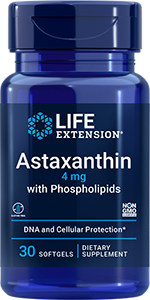The February 2015 issue of the journal Cancer reported a finding among participants in the Women's Health Initiative (WHI) of a lower risk of renal cell carcinoma in association with greater intake of lycopene, an antioxidant compound found in red fruit such as watermelon and tomatoes.
Cathryn Bock, PhD, MPH, and associates analyzed data from 96,196 postmenopausal women who enrolled in the WHI from 1993 to 1998 and were followed through July 2013. Dietary questionnaires completed upon enrollment were analyzed for the intake of lycopene and other antioxidants, and supplement use was ascertained in subject interviews.
Two hundred-forty women were diagnosed with renal cell carcinoma over follow-up. Among women whose intake of lycopene was among the top 25% of subjects, there was a 39% lesser risk of the disease in comparison with those whose intake was among the lowest 25%.
"Lycopene from food sources has also been associated with decreased risk of breast and prostate cancers, and a diet high in vegetables and fruits are generally well-accepted for promoting good health," noted Dr Bock, who is an associate professor of Oncology at Wayne State University's School of Medicine.
"Kidney cancer is a relatively rare cancer, and so focusing only on reducing risk of this disease would be short-sighted," she remarked. "Rather, a diet focused on one's own personal risk factors, such as family history, would be more beneficial."
Dr Bock's team is currently evaluating the relationship between antioxidant intake and kidney cancer risk in a case-control study involving participants from the Detroit area. "This study included a broader population, including both men and women, and with greater representation of African-Americans, and therefore may help describe the associations in populations beyond postmenopausal women who are primarily of European descent," she stated.














